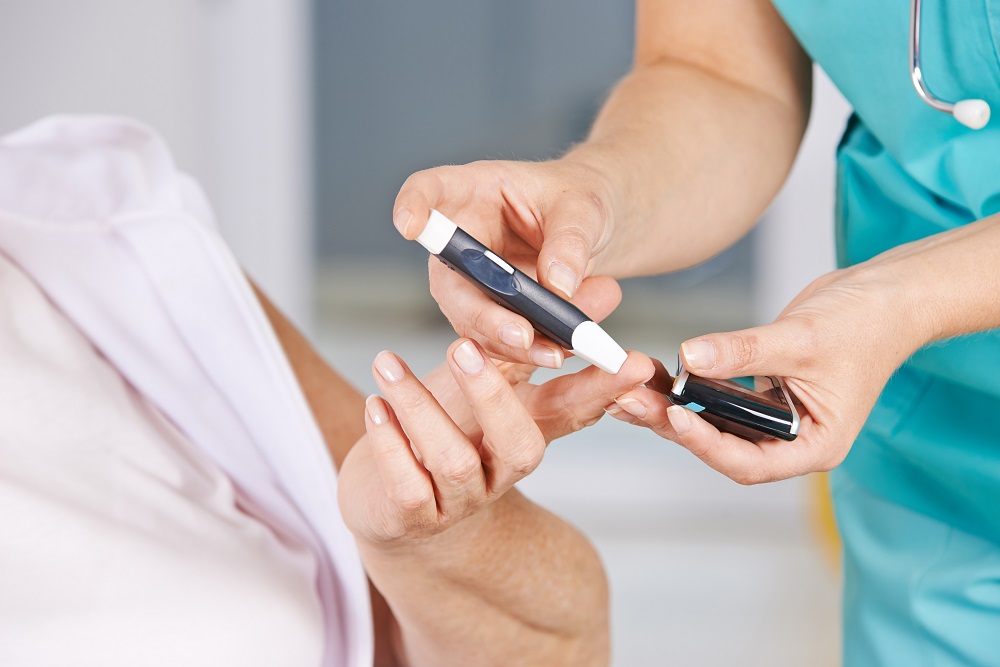Diabetes is a common condition. Type 1 diabetes occurs when the body doesn’t make enough insulin, which necessitates insulin shots. With type 2 diabetes, the body has a problem using available insulin. Gestational diabetes, on the other hand, occurs in pregnant women. To remain healthy, every diabetic person needs to be aware of how to control the condition. Talk to your diabetes management doctor in Provo so that you are well-informed at all times. Also, keep up with your appointments. Among some likely complications for which diabetics should see the doctor immediately include:
Hypoglycemia
When there is too much insulin in the body but not enough blood sugar, you will experience hypoglycemia. In people with diabetes, this may occur after skipping a meal due to excess intake of diabetic medication or exhaustion from physical activity. To deal with this, it is essential to pay attention to identify the early signs of this. Low blood sugar should be treated promptly. Some of the immediate actions you can take include drinking a glass of fruit juice or taking glucose tablets. This will help in raising your blood sugar to a normal range.
If this condition is left unattended, diabetic hypoglycemia could lead to unconsciousness and seizures. To prevent it from getting to that point, look out for symptoms such as dizziness, shakiness, hunger pangs, irritability, headaches, and anxiety. At night while you are sleeping, you could experience excessive sweating, confusion, tiredness, and nightmares. To avoid accidents, inform people you are close to about the symptoms so that they can know what to do in case it gets to that point. Go to a hospital if symptoms persist.
Hyperglycemia
The opposite of hypoglycemia, hyperglycemia is when there are excessive levels of glucose in the bloodstream. If a diabetic person stays for up to eight hours without eating, they will experience fasting hyperglycemia. It is also possible for blood sugar levels to shoot up about two hours after eating, in which case it is referred to as after-meal hyperglycemia.

Frequent high levels of blood sugar could result in other serious conditions. Early signs include increased thirst, a lack of concentration, headaches, and blurred vision. Passing dark urine and severe dehydration are also common. See your doctor if you are experiencing ongoing high blood sugar levels.
Diabetic Ketoacidosis (DKA)
When glucose is not used as fuel for the body, it resorts to breaking down the fats. DKA occurs when the body breaks down fat too fast. The process results in the production of ketones that make the blood acidic. The condition may occur when the liver processes too much blood sugar if fat is broken too fast or when blood sugar can’t go to the cells to act as a source of energy.
Among the causes of DKA include illness, failure to take insulin shots, injury, or infection. Symptoms include frequent urination, scented breath, abdominal pain, excessive sweating, and nausea. Watch out for these. When you notice them, check for high blood sugar levels as well as the presence of ketones in urine. See a doctor afterwards.
It is possible for diabetics to live a fulfilling life as long as they are well aware of the signs to watch out for and what to do in case of unprecedented blood sugar fluctuations. Always work with your health provider. Never hesitate to visit the hospital in case of prolonged symptoms.
